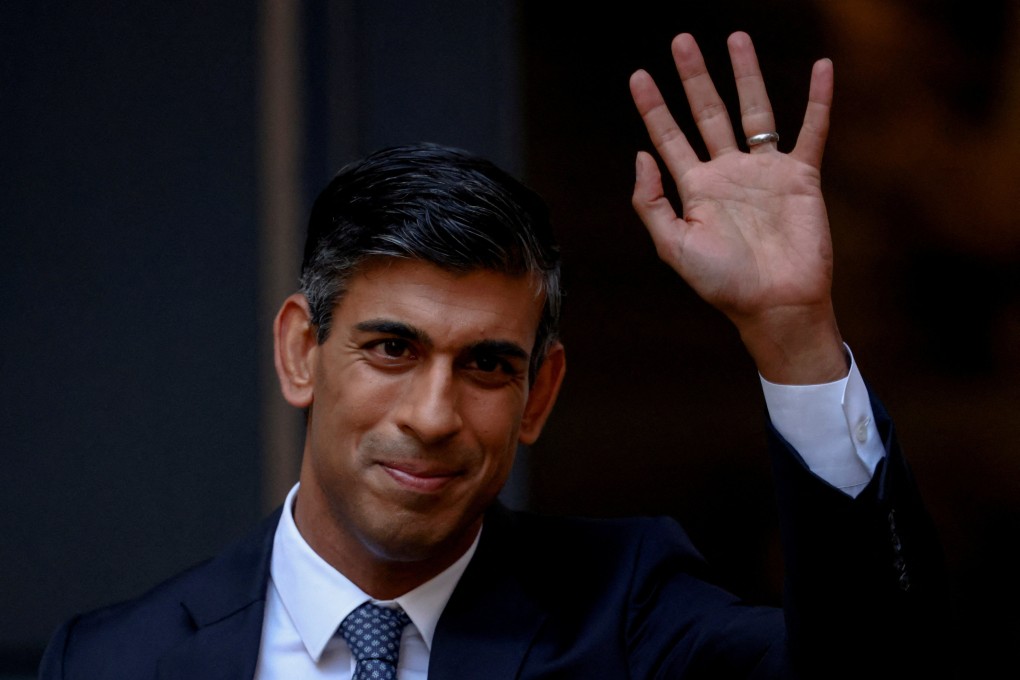Editorial | Stability has to come top of Rishi Sunak’s agenda
- Britain’s first leader of Asian heritage, and its youngest for two centuries, would do well to engage China as he faces enormous economic and political challenges ahead

The appointment of a new British prime minister comes with a sense of déjà vu. It is only seven weeks since the last one took office.
Liz Truss resigned last week after her disastrous tax-cut policy spooked the markets, prompted U-turns and damaged Britain’s credibility. The ruling Conservative Party moved quickly to replace her. Rishi Sunak was the only candidate to secure enough nominations from the party’s lawmakers.
Sunak, of Indian heritage, will be the country’s first British Asian leader. He was born in England, but his parents were immigrants. This is welcome.
At 42, he will be the youngest prime minister for two centuries and among the most inexperienced. He is also extremely wealthy.
Sunak’s appointment marks an extraordinary political comeback after losing the earlier leadership contest to Truss.
But he faces enormous challenges. A cost of living crisis, high levels of government borrowing, rising interest rates and a looming recession are among the many problems confronting the new leader.

